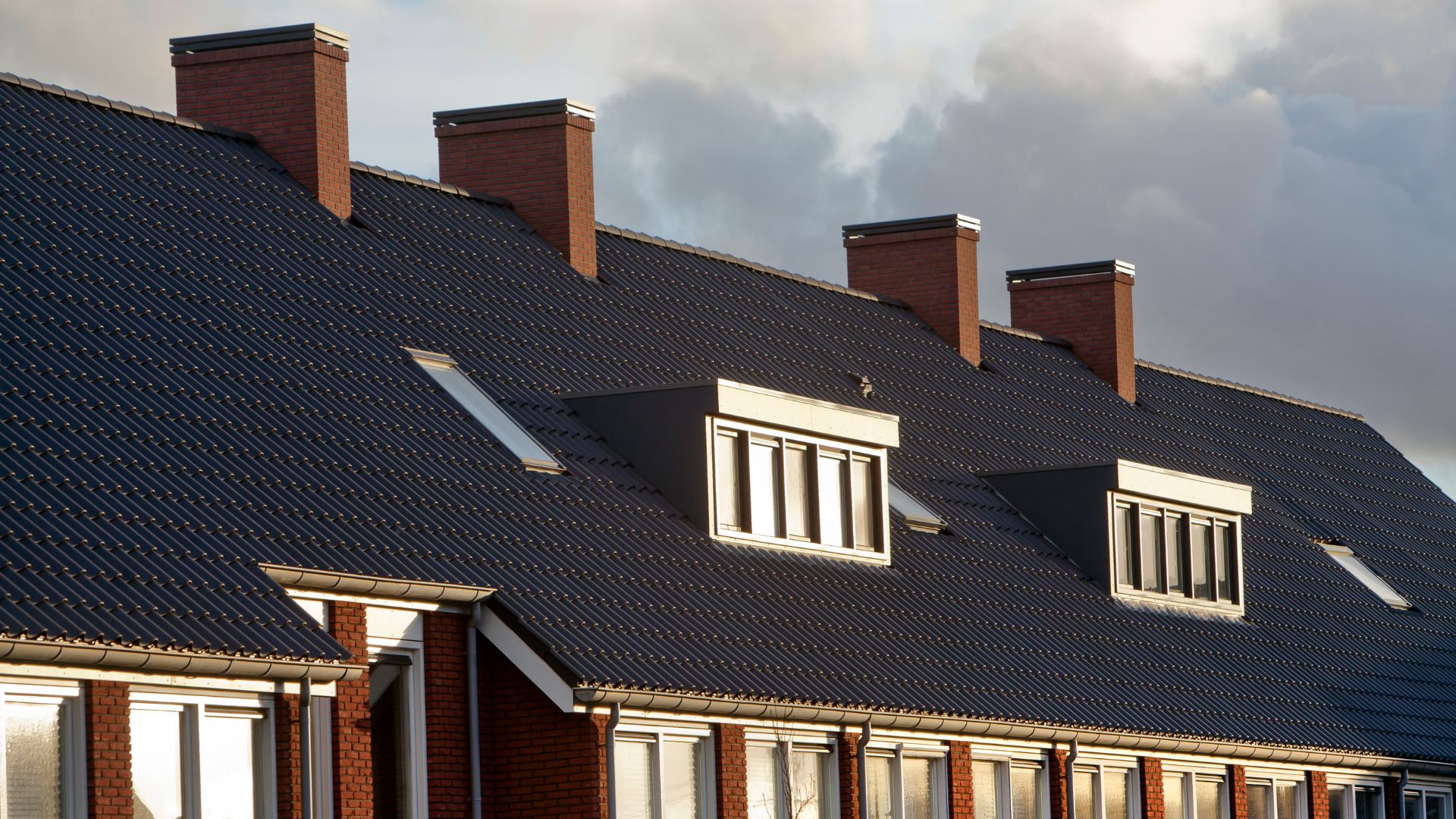In the realm of commercial property management and development, the roofing system plays a pivotal role in safeguarding assets, ensuring business continuity, and enhancing the architectural aesthetics of the building. Given its significance, selecting, installing, and maintaining the right roofing system requires careful consideration and expertise. This guide, brought to you by Shield Roofing, aims to delve into the nuances of commercial roofing, offering insights into materials, installation processes, maintenance, and more, to empower property owners and managers in making informed decisions.
Understanding Commercial Roofing

Types of Commercial Roofs and Choosing the Right Roofing Material: Commercial roofs can broadly be categorized into flat or pitched, with a variety of materials suited to each. Flat roofs are prevalent in commercial buildings, offering ease of maintenance and space for equipment. Pitched roofs, though less common, provide excellent water drainage and are favored for their aesthetic appeal. The choice of roofing material—whether built-up roofing (BUR), single-ply membranes, modified bitumen, metal roofing, or green roofs—depends on factors such as the local climate, building usage, architectural design, and budget constraints. Each material comes with its own set of advantages, tailored to different needs and preferences.
Selecting the right material is a balancing act between functionality, cost, and environmental factors. For instance, buildings in hotter climates might benefit from highly reflective single-ply membranes that can reduce cooling costs, while those in colder regions may opt for green roofs that provide superior insulation. The key is to assess your building’s specific needs against the benefits and limitations of each roofing option.
Commercial Roofing Materials Explained
Built-Up Roofing (BUR) is known for its multiple layers, which provide durability and redundancy against leaks. Single-Ply Membranes, including TPO, EPDM, and PVC, offer flexibility, ease of installation, and energy efficiency. Modified Bitumen Roofing combines the reliability of BUR with the modern benefits of single-ply systems, making it suitable for buildings requiring robust waterproofing. Metal Roofing stands out for its longevity, recyclability, and ability to withstand extreme weather, making it an ideal choice for commercial buildings looking for a long-term solution. Lastly, Green Roofing Systems not only enhance a building’s appearance but also contribute to urban biodiversity, stormwater management, and energy savings.
Each of these materials has its place in the commercial roofing landscape, with the choice often coming down to specific project requirements and long-term goals. For instance, a business aiming for LEED certification might prioritize green roofing systems, while another focused on budget might look towards the cost-effectiveness of single-ply membranes.
Installation Process
Pre-Installation Considerations involve a thorough assessment of the building’s structure to ensure it can support the chosen roofing system. Selecting a reputable contractor experienced in commercial roofing installations, like Shield Roofing, is crucial for the project’s success. Planning for potential disruptions to business operations during installation is also essential, with effective communication between the property owner and the contractor minimizing the impact.
The Installation Journey unfolds in stages, starting with the removal of the old roof, preparation of the roofing substrate, and installation of the new roofing material. The duration and complexity of the installation process will vary depending on the size of the building and the type of roofing system being installed. Quality assurance checks throughout the installation ensure the roof is installed to the highest standards, safeguarding the building against future issues.
Maintenance and Repairs
Regular Maintenance is the cornerstone of extending the lifespan of a commercial roof. Scheduled inspections can identify potential issues before they escalate into costly repairs. Maintenance tasks may include cleaning drains and gutters, removing debris, and inspecting the roof surface for damage.
Handling Repairs promptly when issues are identified is critical to maintaining the integrity of the roofing system. Partnering with a professional roofing service for regular maintenance and repairs can keep your roof in optimal condition, ultimately extending its service life and reducing the need for premature replacement.
Navigating Commercial Roofing Projects
Budgeting for Your Roofing Project and Working with Roofing Contractors are pivotal steps in the commercial roofing process. A clear understanding of the project’s scope and costs, alongside selecting a contractor with a solid track record and transparent pricing, can significantly influence the project’s success. Understanding Warranties is equally important, as they offer protection against material defects and installation errors, contributing to peace of mind for property owners.
The Future of Commercial Roofing
Emerging Technologies and Materials promise to revolutionize the commercial roofing industry with innovations aimed at improving energy efficiency, durability, and environmental sustainability. The Sustainability Trends segment highlights the industry’s shift towards eco-friendly materials and practices, underscoring the importance of green building standards in today’s construction landscape.
Commercial roofing is a critical component of property management, demanding careful consideration of materials, installation processes, and maintenance practices. The choices made in each of these areas can significantly impact the overall functionality, sustainability, and cost-effectiveness of a roofing system. As the commercial roofing landscape continues to evolve, embracing innovative materials and technologies, property owners and managers are presented with an opportunity to enhance their buildings’ efficiency and environmental footprint. By prioritizing durability, energy savings, and sustainability, commercial roofing projects can contribute not only to the longevity of a building but also to broader environmental goals.
Shield Roofing stands at the forefront of this evolving industry, offering expert guidance, quality installation services, and reliable maintenance solutions tailored to the unique needs of commercial properties. With a commitment to excellence and sustainability, we are dedicated to helping our clients navigate the complexities of commercial roofing, ensuring their investments are protected and their buildings are well-maintained for years to come.
